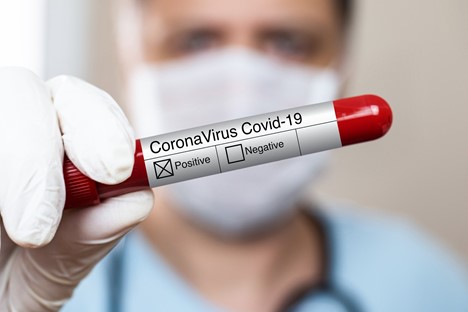While the government works to prosecute COVID-related fraud schemes, employers have ways to eliminate those lost dollars too
As the pandemic lingers on, data reviews of health care claims are uncovering the after-effects of the widespread COVID-19 testing on self-funded employers’ health care spend over the past two years. Employers saw costs for testing even with the free options provided by the government and some found fraudulent or abusive add-on testing that resulted in wasted dollars. The dramatic increase in the use of telemedicine is also an area ripe for fraud, waste, and abuse in the future as the pandemic wanes but remote healthcare looks to stay.
Several factors needed to tackle the overwhelming aspects of the pandemic made it easier for an unscrupulous few to take advantage of the massive amounts of COVID-19 testing, including:
- New codes added to address the COVID-19 public emergency (e.g., modifier CS).
- COVID-19 related testing no longer requires an order from the treating physician.
- Relaxation of the physician ordering rules could allow more leeway for fraudulent billing of unnecessary add-on testing.
Instead of charging the typical $50 or $150 for the test, SmartLight Analytics found suspect labs bill more than $500 for add-on testing with COVID claims. One lab was found to have billed identical codes in its claims despite differing diagnosis – a red flag for fraud. The federal government’s announcement regarding COVID fraud cases confirms that fraud is happening across the country.
Data shows employer-sponsored health care plans have:
- Abusive add-on lab testing
- Suppliers’ double-dipping on payments for test kits (billing the employer and the employee’s insurance).
- Providers using a COVID modifier to supplement extra procedures or charges.
All that results in wasted dollars!
The Department of Justice announced in a statement May 26, 2021, that it had found COVID-19-related scams in the hundreds of millions of dollars. In total, the DOJ charged 14 defendants “across the United States for their alleged participation in various health care fraud schemes that exploited the COVID-19 pandemic and resulted in over $143 million in false billings.”1
While the government will continue to pursue COVID-related fraud, including telemedicine and other schemes,2 employers are left waiting while investigators build criminal cases. In addition to the federal government, insurance companies have Special Investigations Units that work on payment integrity within their claims. However, to build a case against a suspected fraudulent provider, they will often continue paying claims for years – which means the employer continues to lose money.
A more immediate option for self-funded employers who want to avoid losing more money to COVID-19 fraud, or any fraud for that matter, is to have on-going reviews of healthcare claims by a third-party. SmartLight Analytics is finding fraud in employer claims right now and arming employers with the information they need to tackle the issue alongside their payor partners. Fraudulent or abusive claims can be addressed while the government continues its work to uncover schemes and prosecute scammers.
In the same May 26 announcement, the DOJ along with the Center for Program Integrity, Centers for Medicare & Medicaid Services (CPI/CMS) announced “it took adverse administrative actions against over 50 medical providers for their involvement in health care fraud schemes relating to COVID-19 or abuse of CMS programs that were designed to encourage access to medical care during the pandemic.”1 Those numbers may rise before they dip even as the pandemic slows. But while COVID-19 testing may slow, the pandemic has likely permanently left telemedicine at the forefront of healthcare. And if the DOJ’s findings are any indication of the future, telemedicine could be the next area ripe for fraud.
In another type of COVID-19 health care fraud scheme announced by the DOJ, “telehealth regulations and rules were broadened so that Medicare beneficiaries could receive a wider range of services from their doctors without having to travel to a medical facility. The cases announced today include first in the nation charges for allegedly exploiting these expanded policies by submitting false and fraudulent claims to Medicare for sham telemedicine encounters that did not occur.”1 It is likely similar fraud exists in commercial payer claims.
Our goal is to have a more immediate return for employers who have already been hard-hit by the pandemic and years of rising healthcare costs. The great majority of healthcare providers are owed a huge debt of gratitude for the work they did during the pandemic and for what they continue to do daily. At SmartLight Analytics, we aim to help employers avoid losing precious healthcare dollars to that small minority of scheming providers. And what we’re seeing in our data is that our inferential analytics followed by our clinical reviews is uncovering COVID-related fraud and will likely continue to find it for the rest of this year at the least.
1. “DOJ Announces Coordinated Law Enforcement Action to Combat Health Care Fraud Related to COVID-19.” Department of Justice, U.S. Attorney’s Office Western District of Arkansas. May 26, 2021. https://www.justice.gov/usao-wdar/pr/doj-announces-coordinated-law-enforcement-action-combat-health-care-fraud-related-covid
2. Madden, Jason. “Combating COVID Crimes: First Wave of DOJ Enforcement Actions Target Fraudulent Schemes.” Proskauer Health Care Law Brief. June 9, 2021. https://www.jdsupra.com/legalnews/combating-covid-crimes-first-wave-of-5967109/



